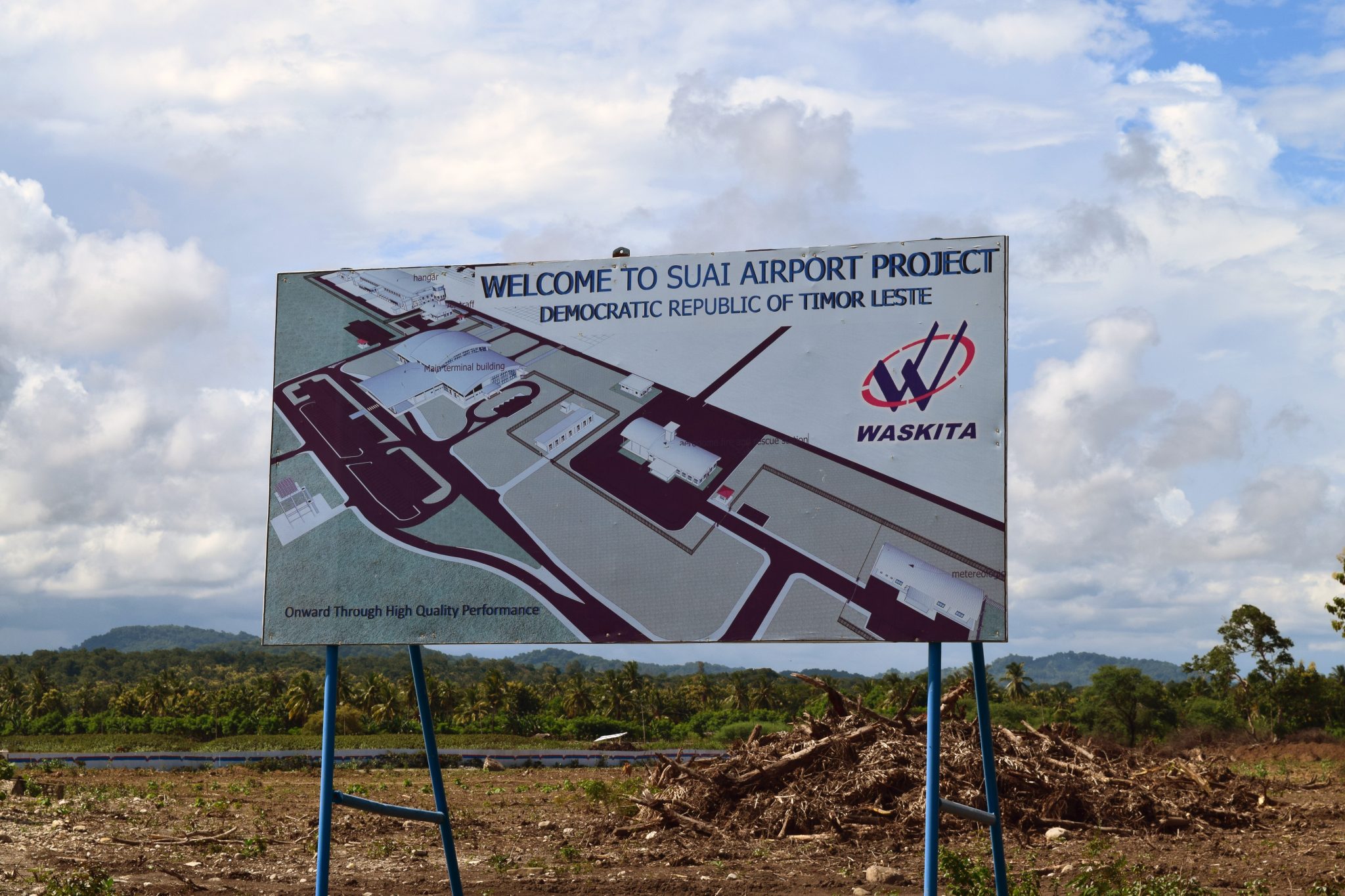| Principal Investigator: | Judith Bovensiepen |
|---|---|
| Project dates: | 2015 – 2018 |
| Funding: | ESRC Future Research Leaders Scheme |
The government of Timor-Leste is currently planning to construct a large onshore petroleum infrastructure complex (the ‘Tasi Mane’ Petroleum Corridor) along the south coast of the country. It is intended to facilitate post-conflict reconstruction, enable economic development and to provide new employment opportunities. Yet, since Timor-Leste is one of the most petroleum-dependent countries in the world, with large parts of the population living below the poverty line, critics argue that it is already subject to the “resource curse” (a term used to describe the problems oil-rich economies face as they become dependent on import with little investment in agriculture and other economic sectors).
This research project extends over three years (2015-2018) and it will examine public attitudes towards petroleum in Timor-Leste and its role in the development of a modern nation. It tries to understand both the expectations and the critiques of the petroleum industry, with a special emphasis on the Tasi Mane project along the south coast. The aim is to examine visions of the future ethnographically and to explore how public expectations are articulated in relation to pre-existing ideas about the sacred significance of the lived environment. The project thus seeks to advance anthropological debates about resource extraction and related expectations of modernity by investigating how local logics inform national imaginaries of modernity and how government promises foster dreams of radical societal transformation.
By focusing on the expectations and aspirations that are connected to natural resources, this project seeks to identify not just the concerns that the growth of the petroleum industry creates, but also the anticipation and hope that such schemes evoke. It will do so by teasing out the differences between state and local perspectives as well as taking into account variations in attitudes among affected populations. An ethnographic study of divergent public attitudes towards the petroleum industry may help to avoid its potentially adverse impact, ensuring that people benefit from the country’s wealth in ways that they themselves desire.

